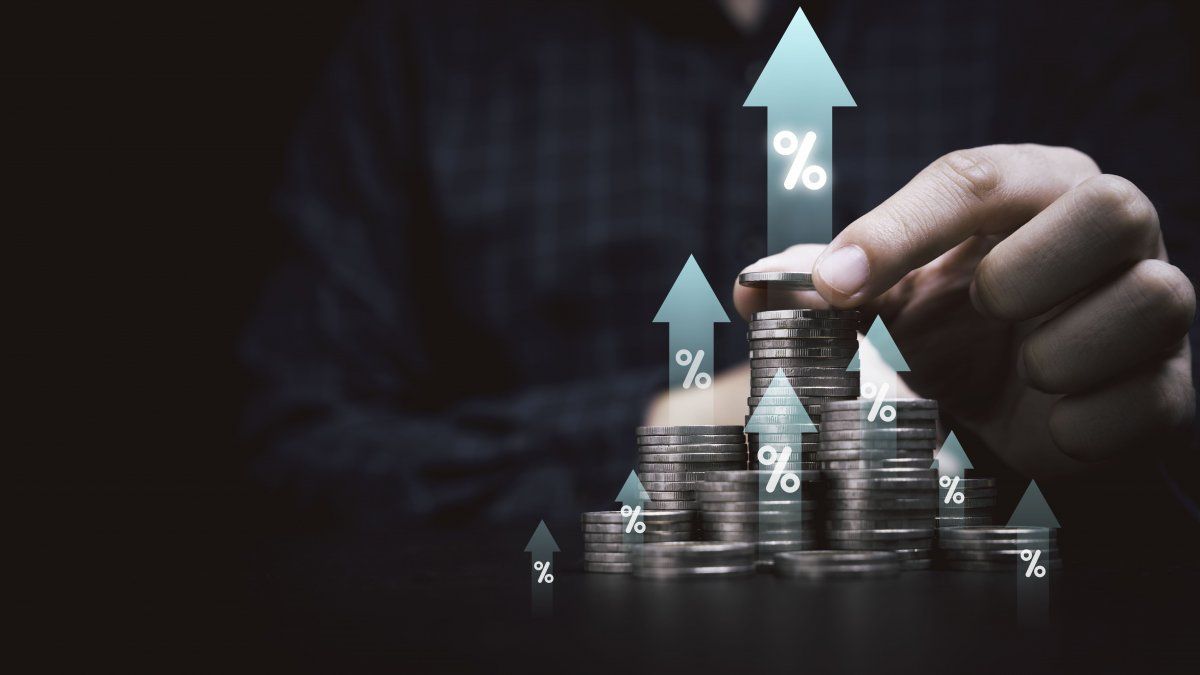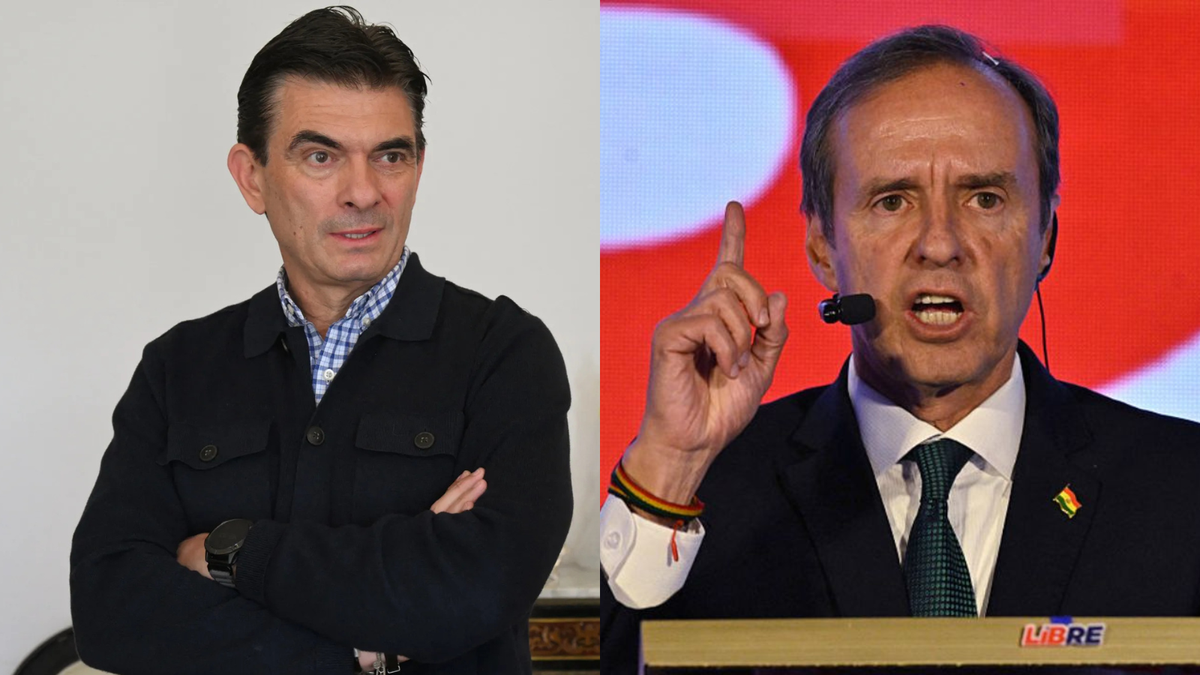On Thursday, July 11, it was published in the Official Gazette Decree 608/2024 which regulates the fiscal package. The CNV, AFIP and the Ministry of Economy then provided further details on the operation.
He money laundering It consists of a mechanism through which natural persons and/or undivided estates may incorporate into their assets assets in Argentina (cash, real estate, shares, interests in companies, securities, cryptoassets, among others) and/or abroad (foreign currency, real estate, securities, etc.).
The regulation indicates that cash or goods valued up to US$100,000 or its equivalent in pesos as of December 2023 will not be taxed for adhering to the money laundering policy.
In the event of having to regularize an amount greater than the deductible, the tax must be paid on the excess, or it must be kept deposited in a Special Account for Asset Regularization until December 31, 2025 to avoid the tax levy. On this point, the Ministry of Economy published Resolution 590/2024 detailing the instruments in which the invested funds should remain to avoid the tax.
These include: sovereign and sub-sovereign public securities, shares, negotiable obligations, financial trusts for productive investment purposes, open-ended funds with a special money laundering quota, closed-end funds and certain real estate projects.
The regime consists of three stages, the dates of which may be extended by the national Executive. In principle, the law establishes the following periods:
- Stage 1: until 09/30/2024. Rate 5%*
- Stage 2: until 12/31/2024. Rate 10%
- Stage 3: until 03/31/2025. Rate 15%.
*The rates apply to the surplus of USD 100,000.
On the other hand, the Special Regime for Personal Property Tax (REIBP) which allows taxpayers to pay the tax in advance. In the case of those who comply, they will pay 0.45% for 5 years (a total of 2.25%) on the assets declared as of 12/31/2023, while those who adhere to the whitening process will pay 0.5% for 4 years (a total of 2%) on the assets that are incorporated into the estate.
It is worth mentioning that, in addition, new rates were established that reduce the tax burden for the coming years, a reduction in the tax burden for those who comply and an article on fiscal stability, which establishes that those who choose to join the REIBP will enjoy fiscal stability until 2038 with respect to the Personal Property Tax and any other national tax that is created and that has the purpose of taxing all or any asset of the estate, and cannot see their tax burden increased by property taxes.
In other words, The legal framework includes a lot of detail about the impossibility of creating a new tax and emphasizes that the advance payment has the power to cancel the commitment.
If we compare the tax in advance or paying it every year, we can see that, depending on the assets, paying in advance can mean a saving of 20/25%. In addition, during the 4 or 5 years, as appropriate, the taxpayer will not have to file tax returns again.
What are the benefits of this whitening?
Having analyzed the conditions of the whitening and making a comprehensive study of the proposal together with the proposed changes in personal assets, adhering to the regime is extremely attractive for the following reasons:
- Those who have up to USD 100,000 to regularize do not pay taxes and you can have the money after the closing of the first stage, that is, on October 1st.
- Money laundering enables you to regularize any amount without paying anything: if it is left invested in the CERA account in the assets specified by the regulations.
- The world has high interest rates: Even if you have to launder more than USD 100,000 and choose to pay 5% in the first stage, the cost is easily recovered. For example, a US Treasury bill yields 5% annually in USD.
- Freedom to invest in the capital market or in the real economy: The taxpayer is entitled to place his money in bonds, stocks, real estate or any other asset. Unlike the 2016 money laundering, those who decide to remain in the Special Account for Asset Regularization until 12/31/2025 may choose to transfer or withdraw the funds before that date by paying the 5% tax. In other words, the taxpayer is not required to leave his money in a particular financial asset until a certain date.
For taxpayers who only have money to declare in Argentina, there are high-quality Argentine corporate bonds that can be purchased from the special account and offer returns of around 7% per year in dollars, which far exceeds the sunk cost of having cash in a safe deposit box.
An example of this type of bond is Pan American 2032 with a 7.5% annual return in dollars or Tecpetrol with maturity in April 2026 yielding around 7%. For those who prefer a mutual fund in dollars, we find the FCI Balanz Ahorro USD attractive with a 7.4% IRR. In short, the taxpayer saves 5% of the tax and also obtains a return of 7% on average.
- Automatic exchange of information with the United States: In December 2022, the FATCA agreement between Argentina and the USA was signed. The United States Internal Revenue Service (IRS) confirmed that Argentina has the data security measures and the appropriate infrastructure to effectively carry out the first automatic exchange of financial information, scheduled for next September. In this context, giving legal status to money laundering is important mainly for those who have accounts abroad.
As it is regulated, we are faced with a very favorable tax whitening for the taxpayer, offering a great opportunity both for those who are willing to pay the tax (if applicable) and those who are not.
Director of Wealth Management at Balanz Capital.
Source: Ambito
David William is a talented author who has made a name for himself in the world of writing. He is a professional author who writes on a wide range of topics, from general interest to opinion news. David is currently working as a writer at 24 hours worlds where he brings his unique perspective and in-depth research to his articles, making them both informative and engaging.




